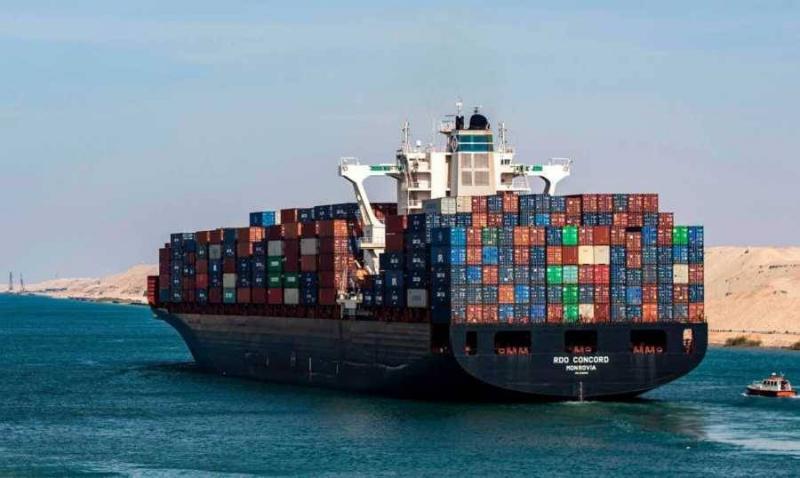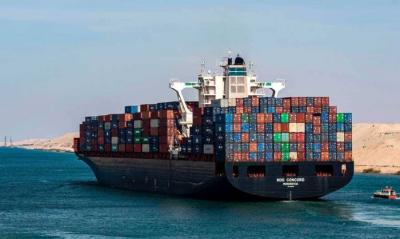Oleg Kubyakov, head of the Food and Agriculture Organization (FAO) office communicating with Russia, warned that the situation in Bab el-Mandeb and the Red Sea will impact food trade and lead to rising prices. Kubyakov stated that "the Houthi blockade of the Bab el-Mandeb Strait and the Red Sea negatively affects global food trade. The cost of shipping vessels along this route has nearly quadrupled, and cargo transport has decreased by 30%."
The FAO office chief explained that the largest shipping companies in the world "refuse to deliver goods via the Red Sea," noting that this has disrupted existing logistics chains and forced cargo owners to use a longer route, sending ships traveling between Asia and Europe around the Cape of Good Hope. This route is 8,000 kilometers long and takes between 10 to 14 days, according to media reports.
He added that the cost of purchasing "additional fuel increases costs by another 15%. As a result, product prices rise, leading to inflation in food prices and a decrease in the economic availability of food products for the final consumer."
Kubyakov referred to a statement by the Chief Economist of the FAO, Maximo Torero, who announced before the expert team of the Global Forum on Food and Agriculture last January in Berlin, that "there are increasing risks we face in the Red Sea, risks we encounter in the Black Sea, and risks we may face due to the decreasing water levels in the Panama Canal, which is a major artery for transporting goods around the world."
It is noteworthy that the United States and other countries have sent naval vessels to protect civilian ships while the United States and Britain carry out airstrikes targeting the Houthis, who claim that their attacks are in solidarity with the Palestinians in Gaza.




